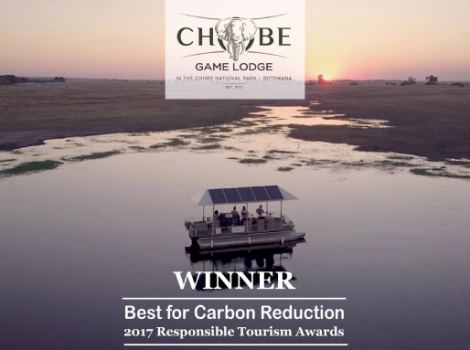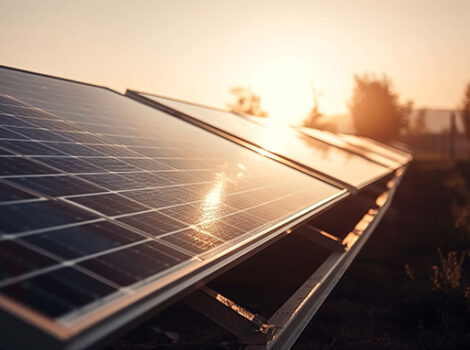
4 September 2024
Stella Mokone, a single mother of three in Francistown, Botswana’s second-largest city, felt like the world had come crashing down on her when she found herself jobless after her employer closed shop in 2021.
Mokone then turned to picking and selling garbage because of the burden of caring for her children — two boys and a girl. She is also responsible for buying food and paying utilities such as electricity and water for her ageing parents.
From once an air-conditioned office, Mokone found herself scavenging for empty soft drink cans on the streets to make ends meet.
“It was a tough decision to start picking up empty tins in beer halls and on the streets, but it is worth it,” said Mokone, 37, as she trudged from one trash can to another, looking for empty cans in the scorching sun.
Mokone is not the only one who has discovered there’s money in waste. Across the southern African country, recycling trash by picking it up and selling it has become a booming business.
According to Philip Sandawana, a district environment coordinator in Botswana’s Ministry of Environment and Tourism, the number of individuals and organisations collecting waste for recycling has quadrupled in recent years.
According to the ministry’s website, the number of recycling organisations increased from 80 in 2017 to 210 in 2023 as locals are lured by cash incentives. In response to the increased supply of plastic waste waiting to be sold and the opportunity to sell new commodities made from low-cost materials, plastic recycling companies, which buy and process the waste, also increased their presence from 49 in 2019 to 77 countrywide in 2023.
“Recycling has recently been a lucrative venture for many in the country, from the waste pickers to recycling companies,” said Sandawana.
Botswana struggles with plastic waste found in rivers, streets, and open areas. In cities and towns, uncollected plastic waste is a contributor to water and air pollution, as locals and waste incinerators burn plastic waste at dumpsites.
The waste also clogs sewers, causes sewer lines to burst, and spills into freshwater ecosystems. This waste later breaks down into micro-plastics, which are found in soil, sediments, streams, and lakes.
Micro-plastics can also enter the human diet by moving up the food chain through marine animals that people consume.
Botswana generates at least 1.6 million metric tons of waste annually, according to a 2022 survey by the University of Botswana to establish the extent of harmful waste in the environment. Of this waste, 16% is plastic.
According to Sandawana, with the boom in recycling organisations, 25% of all plastic waste generated annually in the country is now being collected.
Zola Pots, a scrap metal processing company, recycles about 5 metric tons of metal waste per month to make homemade aluminium pots. Founded in 2019, the firm started with three employees and now has eight full-time employees, according to the firm.
This has helped reduce waste in Francistown, from where the company operates, and there are a lot of people, especially women, who realise trash can be turned into cash, said Sandawana.
Mercy Phutego, 60, who founded the Gaborone Recycling Club in 2021, began picking up litter and burning it with other women to complement the local government’s efforts to clean up the city.
“We collect and bale the plastic waste before selling it to plastic waste processors to make a living and clean up our environment at the same time,” said Phutego, adding that their club can generate about 800 U.S. dollars per month.
Botswana is establishing a waste management plan, thereby increasing the number of recycling bins around the country, encouraging waste separation at the source, and promoting the gradual phase-out of single-use plastic packaging.
Alternatives like eco-bags, shopping bags, and baskets are now being encouraged. Thin plastic and expanded polystyrene, a lightweight foam material, have already been banned in Botswana to reduce plastic pollution.
Source: https://english.news.cn/africa/20240831/de9c0965bfbd4561bf219ee50aae00a8/c.html



